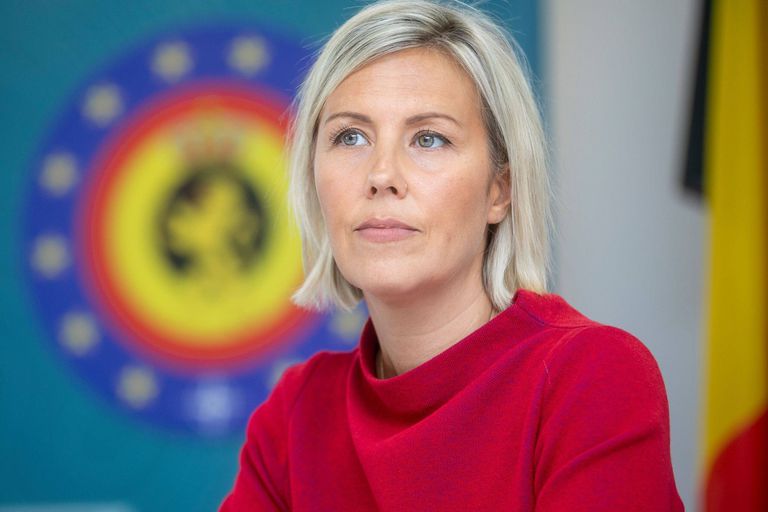Belgium's army will remain engaged in NATO's eastern flank, as the military alliance is boosting its presence following Russia's invasion of Ukraine.
Belgium will aid NATO by land, in the air and at sea by dispatching an engineering unit to Romania and sending a group of elite infantry to Lithuania, while F-16s will conduct deterrence missions in the Baltic region by the end of 2022, reported RTBF.
The move comes after NATO called on the European Union to step up its engagement. "The price we pay as the EU, as NATO, is the price we can measure in currency, in money," NATO Secretary General Jens Stoltenberg told MEPs.
"The price they pay is measured in lives lost every day. So, we should stop complaining and step up and provide support, full stop."
Belgium's plans
At the start of July, the Belgian government agreed to send an engineering dispatch that will work on more housing blocks for NATO stationed in Cincu (centre of Romania) together with French and Dutch soldiers. This group consists of 64 people, whose mission ends on 30 October.
Belgium's Defence will secure forces of 150 soldiers to a multinational "battle group" under German command in Lithuania as part of NATO's enhanced presence in the Baltics.
Related News
- Belgian army sets sights on more F-35 fighter jets
- Majority of Belgian soldiers deployed for NATO mission in Romania return home
On Tuesday, Defence Minister Ludivine Dedonder said that the army "will most likely have to redeploy F-16s fighter bombs (to Estonia) in 2022 if the need arises." She told La Libre that there will "probably be a request for reinforcement from NATO in this area."
The Navy looks set to permanently assign one of its tripartite minehunters (CMT) to one of NATO's permanent flotillas in the Baltic Sea.
Heightened security landscape
Since Russia invaded Ukraine on 24 February, the EU has passed six packages of sanctions against Russia, with the latest one including banning 90% of Russian oil imports.
NATO allies have increased their defence expenditures. Although Belgium does not meet the recommended 2% of GDP, it has beefed up its defence spending from below 1% in 2014 to 1.18% in 2022.
Meanwhile, at its summit in Madrid, NATO announced it would increase its forces from 40,000 to 300,000.

